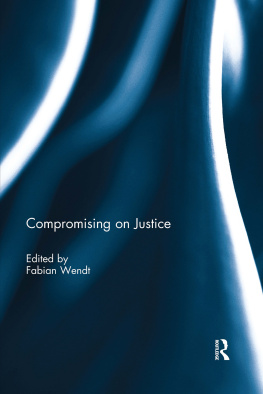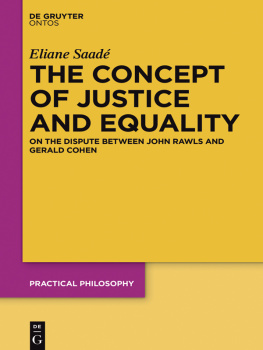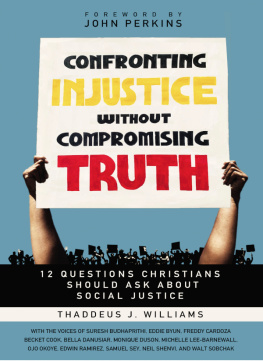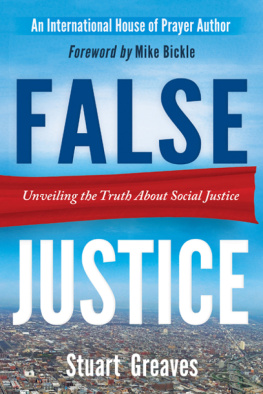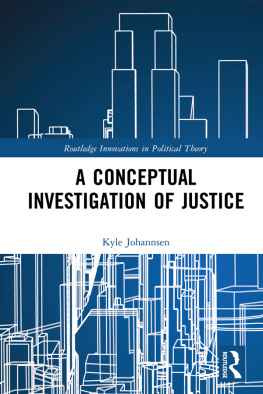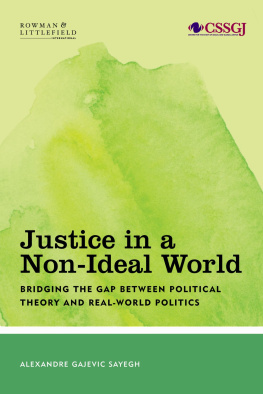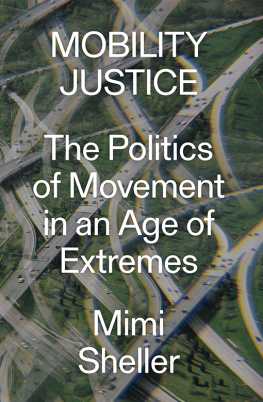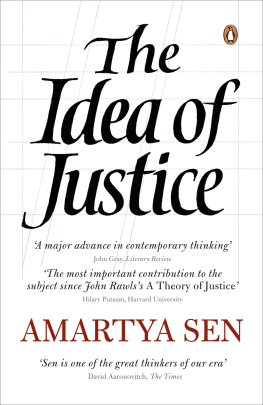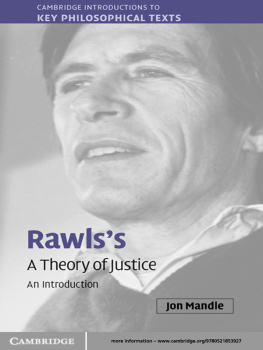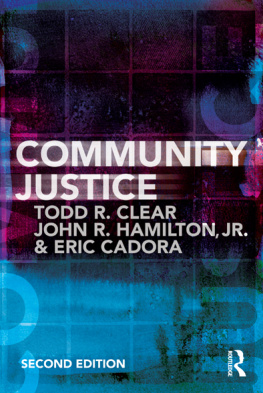Compromising on Justice
When we compromise on justice, we accept or acquiesce to an arrangement that we judge to be unjust, or at least not fully just. Such arrangements are often described as constituting a modus vivendi. What reasons could we have to accept a modus vivendi, thereby compromising on justice? Given the fact of disagreement on justice, this is an important, but rather neglected question in political philosophy. One possible answer, inspired by John Rawls, is that compromising on justice is only justified if this nonetheless brings us as close to ideal justice as possible under given circumstances. The most straightforward way to take issue with this answer is to present other reasons to compromise on justice. The chapters in this book explore epistemic reasons and reasons that stem from values besides justice, like democracy, peace, toleration and non-subjugation. This book thereby sheds some light on the relevance of compromising for the legitimacy of institutional arrangements.
This book was previously published as a special issue of the Critical Review of International Social and Political Philosophy.
Fabian Wendt is Assistant Professor in Philosophy at the University of Hamburg. From August 2013 to July 2014 he is a visiting scholar at the University of Arizona. His research concerns modus vivendi theories, public reason liberalism, libertarianism, and the concept of freedom.
First published 2014
by Routledge
2 Park Square, Milton Park, Abingdon, Oxon, OX14 4RN, UK
and by Routledge
711 Third Avenue, New York, NY 10017, USA
Routledge is an imprint of the Taylor & Francis Group, an informa business
2014 Taylor & Francis
All rights reserved. No part of this book may be reprinted or reproduced or utilised in any form or by any electronic, mechanical, or other means, now known or hereafter invented, including photocopying and recording, or in any information storage or retrieval system, without permission in writing from the publishers.
Trademark notice: Product or corporate names may be trademarks or registered trademarks, and are used only for identification and explanation without intent to infringe.
British Library Cataloguing in Publication Data
A catalogue record for this book is available from the British Library
ISBN 13: 978-0-415-74118-7
Typeset in Times New Roman
by Taylor & Francis Books
Publishers Note
The publisher accepts responsibility for any inconsistencies that may have arisen during the conversion of this book from journal articles to book chapters, namely the possible inclusion of journal terminology.
Disclaimer
Every effort has been made to contact copyright holders for their permission to reprint material in this book. The publishers would be grateful to hear from any copyright holder who is not here acknowledged and will undertake to rectify any errors or omissions in future editions of this book.
The chapters in this book were originally published in the Critical Review of International Social and Political Philosophy, volume 16, issue 4 (September 2013). When citing this material, please use the original page numbering for each article, as follows:
Chapter 1
Introduction: Compromising on justice
Fabian Wendt
Critical Review of International Social and Political Philosophy, volume 16, issue 4 (September 2013) pp. 475480
Chapter 2
Political morality and constitutional settlements
Steven Wall
Critical Review of International Social and Political Philosophy, volume 16, issue 4 (September 2013) pp. 481499
Chapter 3
Sustaining democracy: folk epistemology and social conflict
Robert B. Talisse
Critical Review of International Social and Political Philosophy, volume 16, issue 4 (September 2013) pp. 500519
Chapter 4
Toleration out of respect?
Sune Lgaard
Critical Review of International Social and Political Philosophy, volume 16, issue 4 (September 2013) pp. 520536
Chapter 5
On the possibility of principled moral compromise
Daniel Weinstock
Critical Review of International Social and Political Philosophy, volume 16, issue 4 (September 2013) pp. 537556
Chapter 6
Consensus, compromise, justice and legitimacy
Enzo Rossi
Critical Review of International Social and Political Philosophy, volume 16, issue 4 (September 2013) pp. 557572
Chapter 7
Peace beyond compromise
Fabian Wendt
Critical Review of International Social and Political Philosophy, volume 16, issue 4 (September 2013) pp. 573593
Please direct any queries you may have about the citations to clsuk.permissions@cengage.com
Fabian Wendt
Ever since the publication of John Rawlss Theory of Justice in 1971, justice has been the dominating topic in political philosophy. There have been debates about the proper role of equality, desert, need, reciprocity and entitlement in a theory of justice; there have been elaborations of different varieties of moderately egalitarian, strictly egalitarian, prioritarian, sufficientarian, libertarian, left-libertarian and republican theories of justice, as well as communitarian, multiculturalist and feminist perspectives on justice; and there have been discussions about the requirements of justice in more concrete policy areas like, for example, healthcare, immigration or education. Theorizing about justice has, for the most part, been discussed in the modus of ideal theory: the guiding question was what an ideally just society, an ideally just distribution of goods or ideally just policies would look like.
One may wonder whether theories of ideal justice are of relevance when we confront the moral problems of the real world. An important fact about the real world is that people deeply disagree about the requirements of justice (just like theorists of ideal justice disagree among each other). And one of the moral problems of the real world is as follows: given the fact of disagreement on justice, and given that we think our own conception of justice is the correct or most reasonable one, what reasons do we have to compromise on justice? This is the guiding question of this volume. When we compromise on justice, we accept or acquiesce to an arrangement that we judge to be unjust, or at least not fully just. Such arrangements are often described as constituting a modus vivendi. What reasons could we have to accept a modus vivendi, thereby compromising on justice? It would be exaggerated, of course, to claim that this question had not been asked before, but still it is an important question that has been relatively neglected. This volume wants to contribute to the further exploration of possible answers.
The Rawlsian answer to our guiding question is that morally we should, generally speaking, try to bring the real world as close to ideal justice as possible. Compromising on justice, accordingly, is justified only when this nonetheless promotes justice overall, given adverse conditions. Rawls writes that an injustice is tolerable only when it is necessary to avoid an even greater injustice (Rawls 1971, p. 4). So justice, according to him, can only be compromised in the name of justice. In the end, then, we are allowed to compromise on justice only for consequentialist reasons generated by overall-justice calculations.

